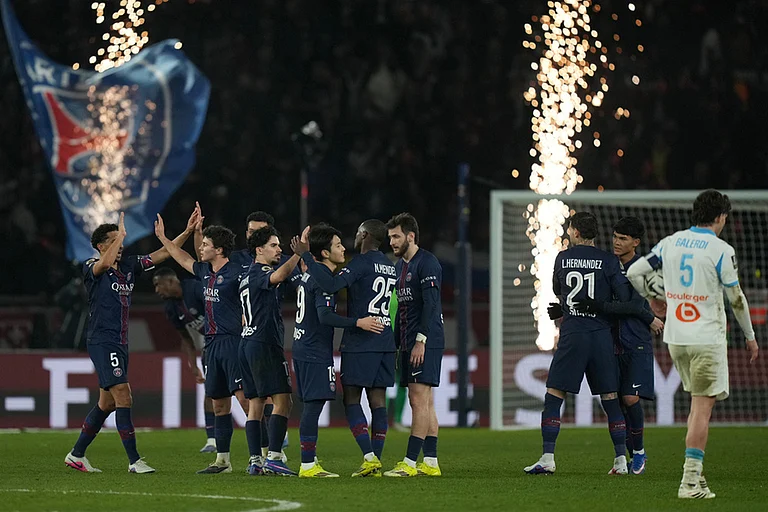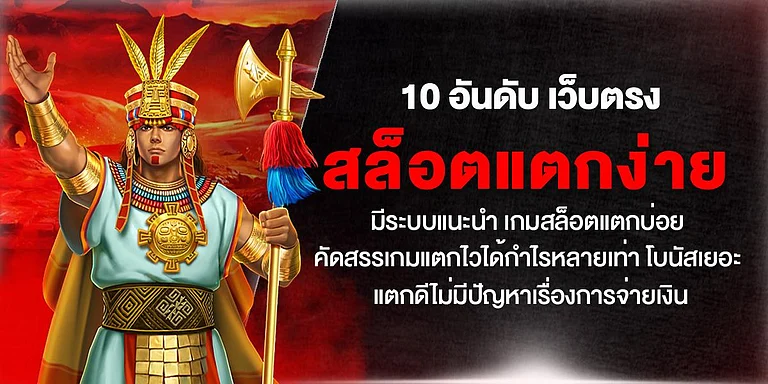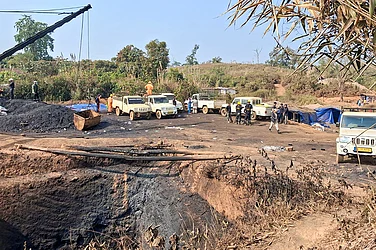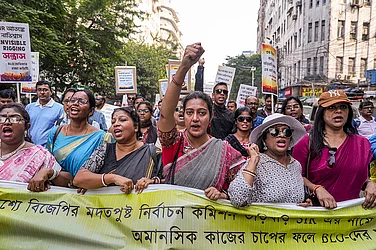In the budget session of Parliament this year, there was an interesting debate on India’s knowledge tradition. BJP Rajya Sabha MP Rakesh Sinha moved a private member resolution on the subject. I participated and narrated the story of two books which every history lover must read. These books, Knowledge Tradition and Practices of India (KTPI), one each for classes XI and XII, were introduced in 2013 as an optional subject in the CBSE curriculum.
One day, when I was the Education Minister, a file from CBSE arrived, proposing that it should be discontinued as an optional subject, as there was little response, with very few students opting for it. I immediately read these books and found them very useful, as they instilled pride about the country among students. I realised that the size of these books—400 pages each—was intimidating students from opting for the subject. Several NCERT experts worked hard on them, rewrote and trimmed them to 150-200 pages each, without compromising on the content.
These books give a true and faithful account of Indian civilisation and India’s achievements over the centuries. Its topics are—Indian Astronomy, Indian Mathematics, Indian Archeology, Indian Architecture, Indian Metallurgy, Indian Agriculture, Indian Chemistry, Indian Literature, Indian Philosophical systems, India’s traditional knowledge on Environmental conservation, Indian Life Sciences, Indian Arts and Music, Indian Martial Arts, Indian Education systems, Indian Ethics, Indian Languages and Grammar, Indian Society and State Policy, and Indian Trade.
The foreword of the books is a must-read. It says that “In India, there is a wide variety and multiplicity of thoughts, languages and lifestyles; and scientific, artistic and philosophical perceptions. The rich classical languages of India, which are repositories of much of our ancient wisdom, present many advantages.”
This reading of Indian civilisation and its history in the correct perspective will impress students that India is a land of enormous knowledge and traditional wisdom, and ensure they learn about their own culture. Students will get an objective insight into our own knowledge traditions and practices. In future, they can themselves ascertain how these inputs benefit them. Experts from various fields prepared these books, which were edited by Professor Michel Danino of ICHR and Professor Kapil Kapoor of IIAS.
We thought of a strategy to ensure more and more students opt for the subject. Due to the Covid pandemic, schools and examinations were held in a different format. I appealed to all Rajya Sabha colleagues, and would like to appeal to all readers that they should go through these books. You will feel more proud about our country.
Britishers used to describe India’s freedom struggle as rebellion, uprising, disturbances or revolt, never acknowledging it as a freedom movement. In Odisha, I attended the Piaka rebellion centenary celebrations. There I declared that this freedom struggle will not be called rebellion, as it was the narration of Britishers. We made many such changes in the NCERT books, based on suggestions of over 1,100 history teachers from across the country.
One newspaper published three stories on these changes. But to our satisfaction, people accepted the subject, as these were facts and not interpretations.
My belief is that history must be taught in a way that we learn from it and build a better future for ourselves.
(This appeared in the print edition as "Lessons From the Past")
(Views expressed are personal)
ALSO READ
Prakash Javadekar is a BJP Rajya Sabha MP and former Union education minister





















